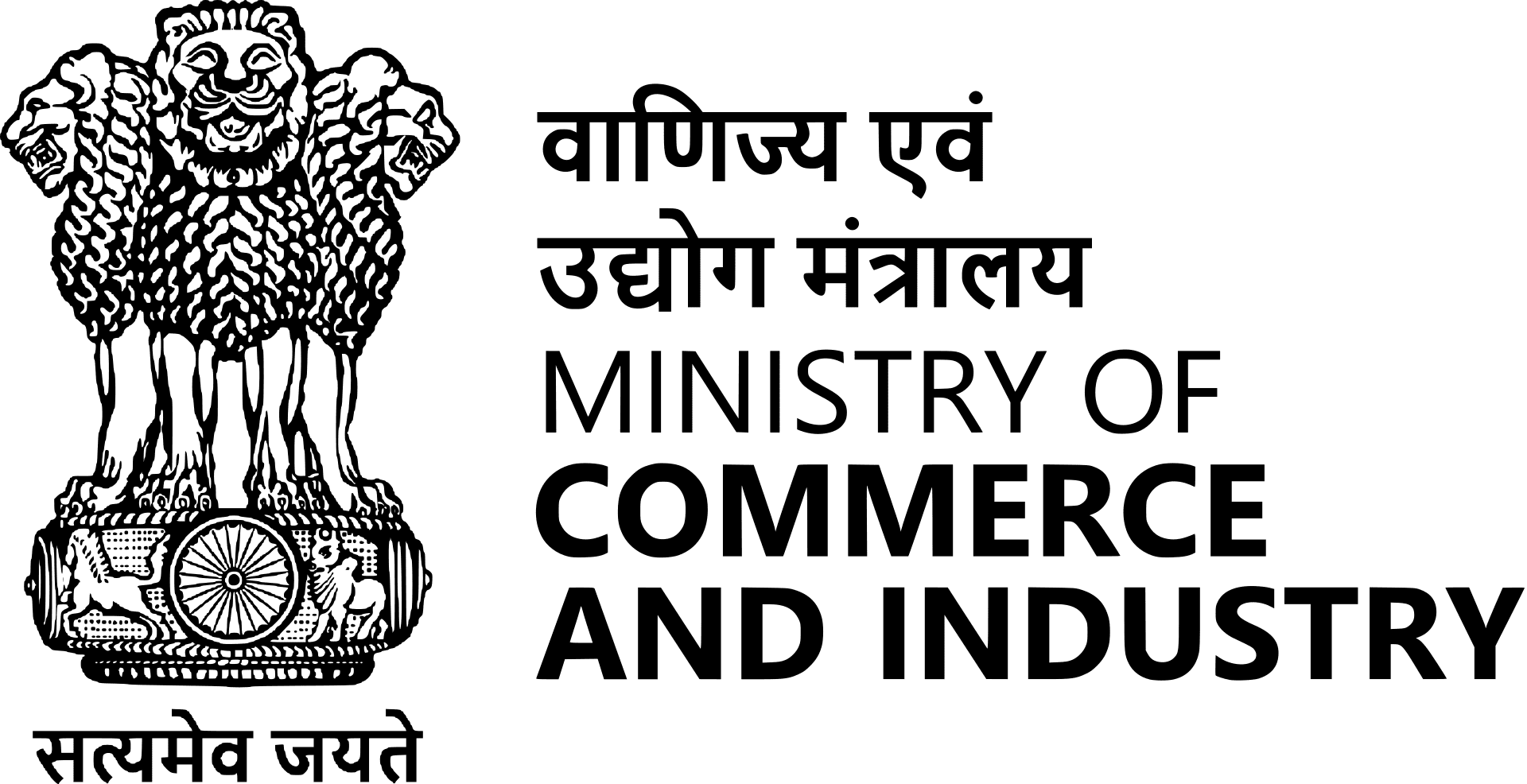




What are the Indian Chambers of Commerce?
The Indian government oversees the health of its trade sector through the Ministries of Finance and Commerce and Industry. However, Indian chambers of commerce and industry have been established to assist. These are often non-profit, voluntary groups and chambers collaborating with the government to improve domestic trade in our nation.
One of the most crucial elements of an economy is internal trade or domestic trade as it is also known. A strong trade sector is a sign of a strong economy. Therefore, it should be no surprise that the government prioritises promoting and safeguarding domestic trade, which the Indian Chambers of Commerce also does.
Role of Indian Chambers of Commerce and Industry in Promotion of Internal Trade
Transit or Interstate Transhipment: The Chambers of Commerce and Industry support several initiatives related to interstate movement of goods, such as vehicle registration, mass transit regulations, and road building.
Marketing of Agro: The organisations of agriculturists and other associations play a significant role in the promotion of agro goods..
Scales and Measures: This, as well as laws regarding the safeguarding of brands and the restriction of brand duplication, are required to safeguard the interests of both consumers and business owners.
Encouraging Infrastructure: A sound infrastructure, such as roads, ports, trains, and electricity, plays a catalytic function in fostering trade.
Workplace Regulations: A straightforward and adaptable labour law is useful for managing industries, increasing productivity, and creating jobs. They frequently communicate with the government on topics like labour laws, layoffs, etc.
Octroi and Other Municipal Levies are collected on persons joining the state or municipal boundaries and from commodities. The government and chambers of commerce should ensure that their pressure does not jeopardise local trade and efficient transit.
Harmonisation of Valuation Tax and Sales Tax Structures: The Chambers of Commerce and Industry are crucial in working with the government to unify the sales tax structures in various states.
Excise Duty: Central excise is the primary means through which the federal government collects money from the states. Since the tax policy significantly impacts price, groups must work with the government to ensure that excise duties are simplified.
Objectives of Chambers of Commerce

FICCI Logo
The following goals are what chambers of commerce are working to accomplish:
To safeguard the rights of the whole business community.
To encourage cooperation among the group's participants.
To compile and give the members helpful info.
To provide government advice on issues involving trade, industry, and industry.
Consult the federal and state governments on business, industry, and trade issues.
To provide government input on many aspects of the national economy to help it make budget decisions.
To alert the government to the effects of various laws and regulations on business.
What Is the Department For Promotion Of Industry And Internal Trade

Department For Promotion Of Industry And Internal Trade Logo
The Nodal Department for establishing Government policy on Foreign Direct Investment is the Department for Promoting Industry and Internal Trade (FDI). Based on the payments reported by the Reserve Bank of India, it is also in charge of maintaining and managing data with inward FDI into India.
DPIIT's responsibility is to formulate and carry out the government's economic policy in India. creating and implementing the plans required for growing industries by global and national goals.
Monitoring the progress of the industries that have been allocated to it expressly, as well as guiding on all industrial and technical issues.
Developing, promoting, and enabling foreign direct investment policies (FDI).
Drafting laws concerning intellectual property rights.
Conclusion
The contribution of commerce and industry to the economy's growth is crucial to a country's progress. The growth of commerce and industry eventually accelerates the internal trade advancement rate. As is well known, this industry and commerce have experienced significant growth, and as a result, they also have a chamber of commerce that serves them.
FAQs on Everything About the Indian Chambers of Commerce
1. What is the primary role of a Chamber of Commerce?
The primary role of a Chamber of Commerce is to act as a collective body that promotes and protects the business interests of a specific community or region. It is a network of businesses and entrepreneurs that work together to foster a favourable business environment, advocate for pro-business policies, and support the overall economic growth of its members and the area it serves.
2. Are Chambers of Commerce in India government organisations or private entities?
Chambers of Commerce in India, such as FICCI and CII, are non-governmental, not-for-profit organisations. They are private entities formed and led by their business members. While they work closely with the government to influence policy and represent the voice of the industry, they are not part of the government machinery. They function as an autonomous bridge between the business community and policymakers.
3. What are the main functions performed by the Indian Chambers of Commerce and Industry?
The main functions performed by the Indian Chambers of Commerce and Industry are diverse and crucial for economic development. Key functions include:
Policy Advocacy: Representing the collective interests of businesses to local, state, and central governments.
Networking and Collaboration: Providing a platform for businesses to connect, collaborate, and form partnerships.
Information and Research: Conducting research and disseminating vital information on economic trends, market conditions, and government policies.
Promoting Trade and Investment: Organising trade fairs, exhibitions, and missions to promote domestic and international trade.
Arbitration and Dispute Resolution: Offering services to settle commercial disputes between businesses efficiently.
Issuing Certificates of Origin: Authenticating the country of origin for goods, a necessary document for international trade.
4. Could you provide examples of some prominent Chambers of Commerce in India?
India has several prominent apex business organisations that function as Chambers of Commerce. The most notable ones include:
Federation of Indian Chambers of Commerce and Industry (FICCI): The oldest and one of the largest business organisations in India, established in 1927.
Confederation of Indian Industry (CII): A major association working to create a conducive environment for the development of industry in India.
The Associated Chambers of Commerce and Industry of India (ASSOCHAM): Represents the interests of trade and commerce in India, acting as an interface between industry, government, and other relevant stakeholders.
Indian Chamber of Commerce (ICC): A leading national chamber operating from Kolkata, focused on fostering business growth in Eastern India and beyond.
5. How do organisations like FICCI and CII contribute to the promotion of trade and commerce?
Organisations like FICCI and CII go beyond simple representation. They actively contribute to promoting trade and commerce by shaping economic policies through dialogue with the government, providing detailed research and survey reports to guide business strategy, and organising high-profile events and international delegations. They act as a catalyst by connecting Indian businesses with global opportunities and bringing international best practices and investments into India, thereby boosting both domestic and international commerce.
6. What is the main difference between a Chamber of Commerce and a trade association?
The main difference lies in their scope and membership. A Chamber of Commerce typically represents a wide variety of businesses (from manufacturing to services) within a specific geographical area, such as a city or a country. In contrast, a trade association is usually sector-specific, focusing on the interests of businesses within a single industry, such as the National Association of Software and Service Companies (NASSCOM) for the IT industry or the Society of Indian Automobile Manufacturers (SIAM) for the auto industry.
7. How can a new business or entrepreneur benefit from joining a Chamber of Commerce?
Joining a Chamber of Commerce offers significant benefits for a new business. It provides instant credibility and visibility within the local business community. Entrepreneurs gain invaluable networking opportunities to meet potential clients, partners, and mentors. Furthermore, they get access to vital resources, business development workshops, and a powerful collective voice through the chamber's advocacy efforts, which can help address regulatory hurdles that a small business might struggle to tackle alone.
8. What are bilateral Chambers of Commerce and why are they important for international trade?
A bilateral Chamber of Commerce is an organisation dedicated to promoting trade and business relationships between two specific countries. For example, the Indo-German Chamber of Commerce facilitates trade between India and Germany. They are critically important for international trade because they provide specialised knowledge on the legal, economic, and cultural aspects of doing business in both countries. They assist with import-export procedures, help find business partners, and resolve cross-border trade issues, making international business operations smoother and more efficient.























